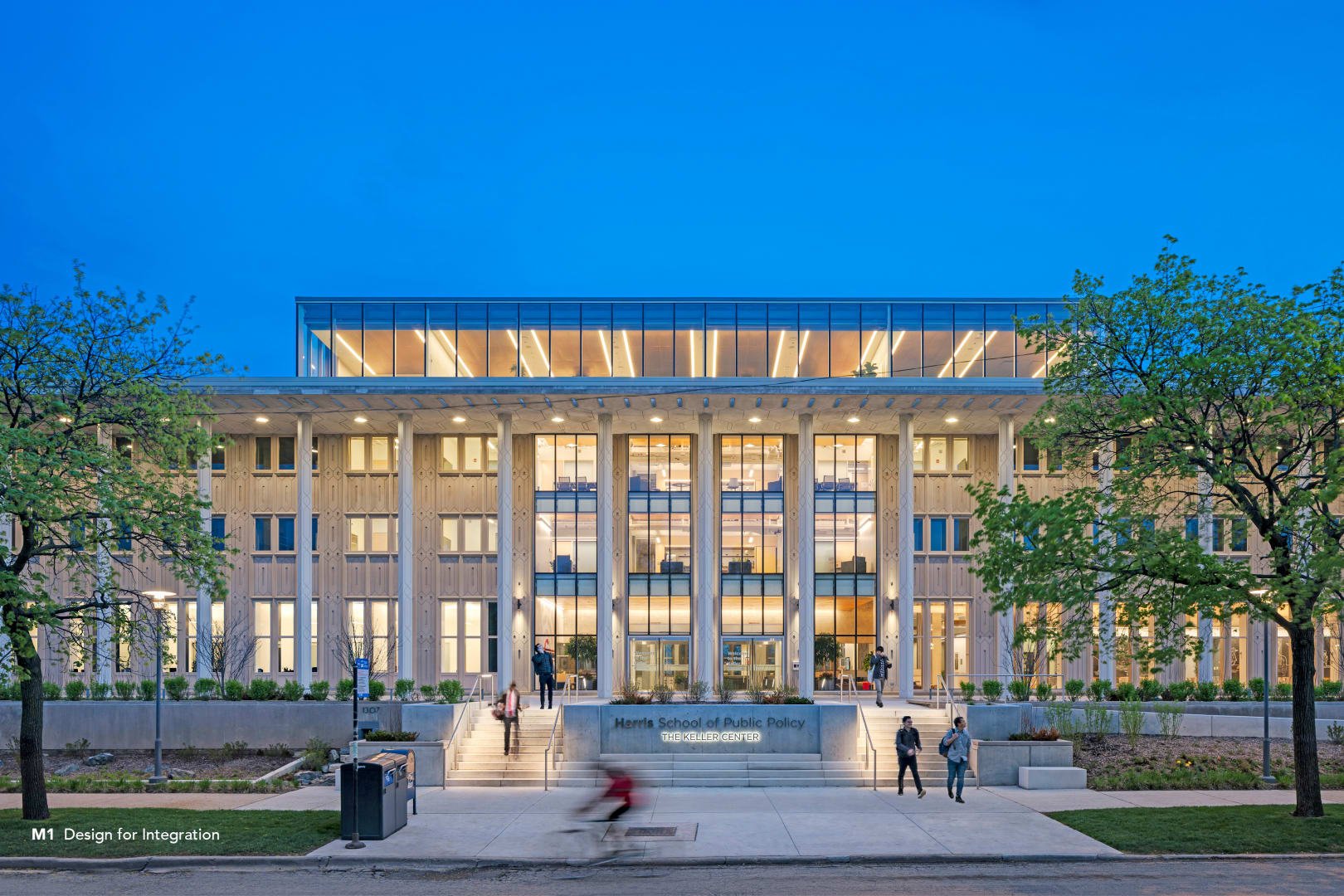
Congressional Modernization Fellowship
A partnership between POPVOX Foundation and the University of Chicago’s Data Science Institute and Harris School of Public Policy
About the Fellowship
While Congress has often struggled to keep pace with emerging technological developments, its ability to integrate tech and data expertise into its own operations is critical to a functioning first branch of government..
The Congressional Modernization fellowship, a partnership between POPVOX Foundation and the University of Chicago’s Data Science Institute and Harris School of Public Policy, introduces rising public servants to the infrastructure that makes legislation happen, and the modernizers working to help Congress work better.
The Congressional Modernization Fellowship places graduate students in the University of Chicago Harris School’s Master of Science in Computational Analysis and Public Policy (MS-CAPP program on projects that apply advances in data and tech tools to improve Congressional operations.
First-year students in the Master of Science in Computational Analysis and Public Policy (MS-CAPP) program at the University of Chicago are eligible to apply to the program. Fellows receive hands-on training in data and analytical skills in the Spring semester before being placed in-person with Congressional offices working to modernize operations, including Member offices, Committees, and support offices like the Chief Administrative Officer (CAO).
Meet the Fellows
-
Starting with a stint living in Montana working for Project Vote Smart, James has spent his career working in Civic Tech. He joined the Sunlight Foundation in 2007, eventually leading their state & local team as well as serving as Director of Sunlight Labs. While at Sunlight he launched the Open States project, which curates a freely available repository of state legislative information across all 50 states, the District of Columbia, and Puerto Rico. James served as the lead of the Open States project for 13 years, earning the project funding from diverse sources such as the National Science Foundation Convergence Accelerator program, Reynolds Journalism Institute, and a variety of commercial sources.
He has also worked at PBS as a Director of Technology, Principal Engineer at the Princeton Gerrymandering Project, and Director of Public Data at Civic Eagle/Plural.
James is now an Assistant Clinical Professor at UChicago teaching in the Master’s in Computer Science and Computational Analysis & Public Policy programs where he also serves as the academic lead of the UChicago Congressional Modernization Fellowship.
-
Kathryn Link-Oberstar is pursuing her Master's in Computational Analytics and Public Policy (MS-CAPP) at the University of Chicago. With a Bachelor's degree in Political Science & Public Policy from UC San Diego, her professional experience spans various sectors such as tech, non-profit, and urban planning. In addition to her professional work, Kathryn has been involved in political organizing, focusing on climate and other social issues.
Prior to the CAPP program, Kathryn worked as a data analyst for a local hunger relief non-profit and as an urban planning associate, effectively harnessing data to inform policy interventions and guide strategic planning efforts. In this role, she developed a keen understanding of the impact data can have on addressing community needs and driving meaningful change.
Driven by her passion for making data analysis accessible to all policy professionals, Kathryn aspires to bridge the gap between technology and policy. As a Congressional Modernization Fellow, she plans to leverage her diverse skillset as a Fellow with the House Digital Services Office.
-
Monica Nimmagadda is a graduate student in the Computational Analysis and Public Policy (CAPP) program at the University of Chicago’s Harris School of Public Policy. Prior to graduate school, Monica worked for the City of Baltimore as Special Assistant to the Housing Commissioner and, most recently, Data Lead for the Mayor’s innovation team where she led quantitative research for the implementation of free public wi-fi in the city. Monica holds a B.A. in Computer Science and Environmental Studies from Amherst College.
-
Madeleine is a first year Computational Analysis and Public Policy Student at the University of Chicago. She earned her B.S. from the University of Wisconsin-Madison, where she majored in Computer Science, Political Science, and Spanish. She joins the Congressional Modernization Fellowship with a strong research background in human-centered design and the successful adoption of technologies. Madeleine is passionate about using new tools and technologies to create platforms that amplify the voices of underrepresented groups and facilitate improved relationships between representatives and their constituents.





